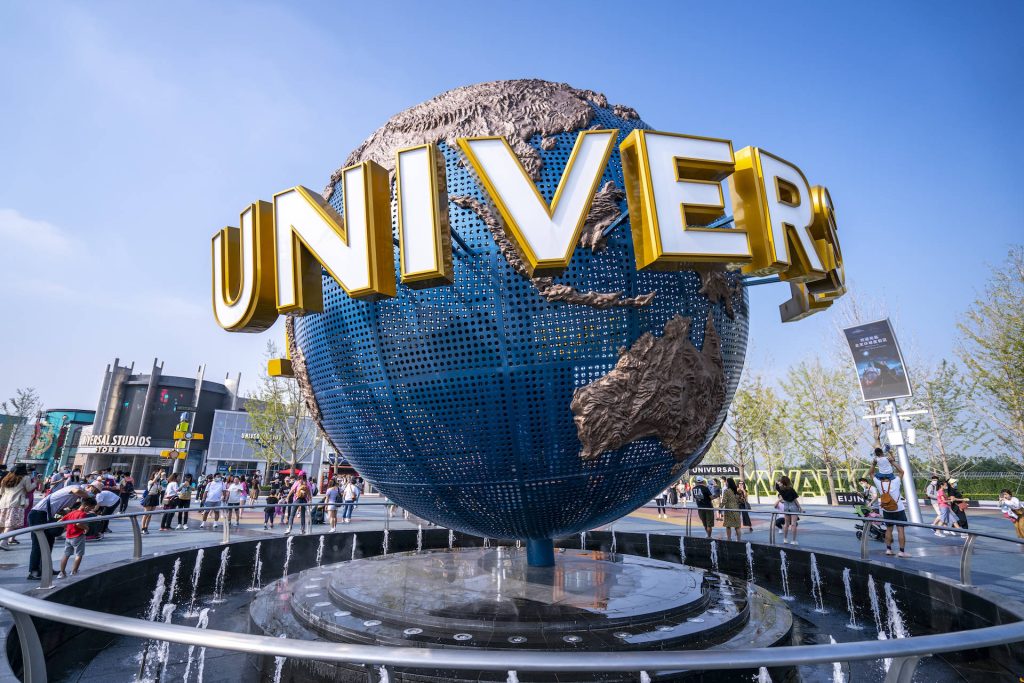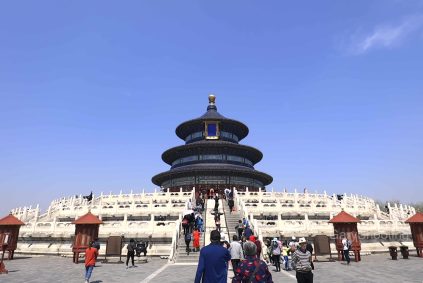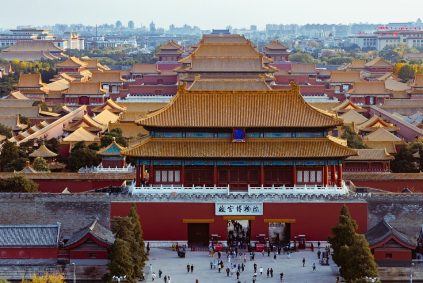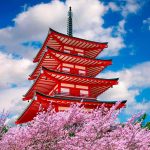Comprehensive Budget Planning for a Seven-Day Trip to Beijing
Crafting a budget for a week-long visit to Beijing involves evaluating expenses across multiple categories, from accommodation and transportation to cultural activities and daily meals. While costs fluctuate based on personal preferences and travel seasons, this guide outlines key considerations to help visitors estimate their total spending without relying on fixed prices or branded recommendations.
Accommodation: Balancing Location and Comfort
Choosing where to stay in Beijing significantly impacts overall expenses. Central areas like Dongcheng and Xicheng, home to landmarks such as the Forbidden City and Wangfujing Street, typically offer higher-priced hotels and guesthouses. Alternatives include neighborhoods like Chaoyang, which combines modern amenities with access to international dining, or Haidian, known for its proximity to universities and green spaces. Travelers prioritizing affordability might explore shared apartments or budget-friendly hostels, while those seeking cultural immersion could opt for traditional courtyard hotels. Staying near subway stations reduces transportation costs and ensures easy access to attractions across the city.
Daily Transportation: Navigating Beijing’s Public Systems
Beijing’s subway network is a cost-effective way to traverse the city, with fares starting at a base rate and increasing slightly for longer journeys. A rechargeable transport card simplifies payment and offers discounts on transfers between lines. Buses provide another affordable option, though routes may require prior planning for non-local travelers. Taxis are readily available but more expensive during peak hours or late-night rides. For flexibility, some visitors combine subway trips with short walks to discover hidden hutongs (alleyways) or local markets. Bike-sharing programs, accessible via mobile apps, offer an eco-friendly and budget-friendly alternative for exploring flat areas like the Olympic Park or Shichahai Lake.
Cultural and Historical Exploration: Entrance Fees and Activities
Beijing’s rich heritage demands a significant portion of any itinerary. Major attractions like the Forbidden City, Temple du ciel, and Summer Palace require tickets, with potential discounts for students or seniors presenting valid identification. Outdoor sites such as the Great Wall (Mutianyu or Badaling sections) often involve additional costs for transportation and entry. Free activities include strolling through Tiananmen Square, visiting the Olympic Park’s exterior grounds, or exploring the 798 Art Zone’s contemporary galleries. Combining tickets for related sites or visiting during off-peak hours can help manage expenses while avoiding crowds. Some museums and cultural centers also host free workshops or performances, providing deeper engagement without extra fees.
Dining: From Street Snacks to Regional Cuisine
Food expenses in Beijing vary widely depending on dining preferences. Street vendors near tourist hubs sell affordable snacks like jianbing (savory crepes), grilled skewers, and steamed buns, offering quick and inexpensive meals. Local restaurants in hutongs serve hearty dishes such as zhajiangmian (noodles with soybean paste) ou Peking duck in simpler settings, often at lower prices than upscale establishments. For a cultural experience, dining in a restored courtyard allows guests to savor traditional recipes while observing architectural details. Vegetarians and those with dietary restrictions should note that many dishes include meat or seafood, though staff are usually willing to modify recipes. Splitting large meals or ordering family-style plates can further reduce costs for groups.
Miscellaneous Expenses: Souvenirs and Unplanned Costs
Beyond essentials, travelers often allocate funds for souvenirs, such as hand-painted fans, jade carvings, or silk scarves from markets like Panjiayuan Antique Market or Liulichang Cultural Street. Unplanned activities might include attending a Peking opera performance, joining a calligraphy class, or taking a guided hutong tour, with costs varying by provider and duration. Emergency expenses, such as medical care or replacement transportation tickets, should also be factored into budgets. Carrying cash remains advisable for small vendors or rural areas, even as digital payments become more widespread. Setting aside a contingency fund ensures flexibility for spontaneous opportunities or unexpected needs.
By addressing these categories, visitors can create a realistic budget that accommodates their interests while allowing for adjustments based on real-time experiences. Beijing’s blend of ancient traditions and modern infrastructure ensures a rewarding trip without necessitating excessive spending.
















